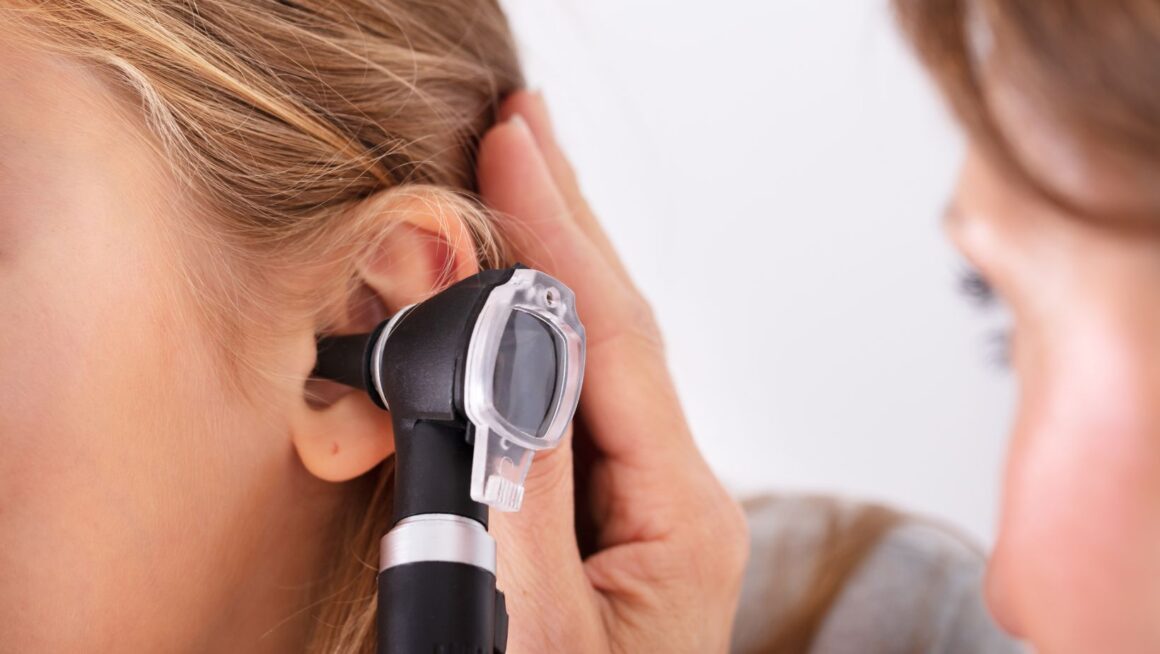Good ear health is essential not just for hearing but for overall quality of life. From how we interact socially to our ability to work or enjoy leisure activities, our ears play a vital role. This comprehensive guide delves into techniques for maintaining ear health, conducting sound assessments, and ensuring that your ears are well cared for throughout your life.
Table of Contents
ToggleUnderstanding Ear Health
Before diving into specific care techniques, it’s crucial to understand the basics of ear health. The ear is a complex organ that not only allows for hearing but also plays a critical role in balance. Maintaining its health involves regular cleaning, protection against loud noises, and monitoring for signs of problems.
The Anatomy of the Ear
The ear consists of three main parts: the outer ear, the middle ear, and the inner ear. Each part has specific functions, from capturing sound waves to transmitting them into electrical signals that the brain interprets as sound.
Common Ear Problems
Common issues affecting ear health include infections, tinnitus (ringing in the ears), and hearing loss. Factors contributing to these problems can be genetic, environmental, or related to lifestyle choices such as exposure to loud noises.
Regular Ear Care
Regular maintenance is key to preventing ear problems and ensuring optimal ear function. This involves everything from cleaning to protecting your ears from potential damage.
Safe Cleaning Practices
It’s important to keep the ears clean, but many people do not know how to do it safely. Over-cleaning or using unsafe methods can actually cause problems, such as irritation or infection. The safest way to remove excess ear wax, which can build up and hinder hearing, is through professional ear wax removal services. These professionals use safe, effective techniques to clear wax without damaging the ear.
Moisture Control
Excess moisture can lead to infections such as swimmer’s ear. After swimming or showering, it’s important to gently dry your ears with a towel or use a hair dryer on a low setting to help dry the ear canal.
Hearing Protection
Exposure to loud noises can cause permanent hearing loss. Wearing ear protection in noisy environments, like concerts or construction sites, can protect your hearing. This includes earplugs or noise-canceling headphones, which can significantly reduce noise exposure.
Sound Assessments and Monitoring
Regular hearing assessments are vital, especially as you age or if you are exposed to high levels of noise regularly.

These assessments help monitor your hearing health and catch any issues early.
When to Get a Hearing Test
You should consider a hearing test if you notice difficulty understanding people in conversations, especially in noisy environments, or if you find yourself frequently increasing the volume on your devices. It’s also wise to get regular screenings if you work in a noisy environment.
Types of Hearing Tests
There are several types of hearing tests used to assess different aspects of ear function. These include:
- Pure tone testing, which measures the softest sounds you can hear at various pitches.
- Speech testing, which assesses your ability to hear and understand speech in quiet and noisy environments.
- Tympanometry, which evaluates the function of the middle ear.
Advances in Ear Health Technology
Technological advancements have significantly improved the way we can care for our ears and monitor their health.
Digital Audiometers
Digital audiometers offer more accurate hearing assessments with instant feedback. This technology allows audiologists to precisely measure hearing loss and adjust treatments accordingly.
Smart Earbuds
Emerging technologies include smart earbuds that not only play audio but can also monitor ear health, track hearing capabilities, and even offer customized hearing protection based on environmental noise levels.
Telemedicine for Ear Care
Telemedicine has become a valuable tool for ear care, especially in remote areas or for individuals unable to visit a clinic. Online consultations can provide initial assessments and guidance on whether in-person care is needed.
Lifestyle Adjustments for Better Ear Health
Lifestyle plays a significant role in maintaining ear health. Here are some adjustments you can make to protect your ears:
Nutrition and Ear Health
Diet affects all aspects of health, including hearing. Nutrients like omega-3 fatty acids, potassium, and magnesium can support ear health.

Foods rich in these nutrients include fish, bananas, and dark leafy greens.
Exercise and Ear Health
Regular exercise helps improve blood circulation, which is beneficial for ear function. Cardiovascular exercises, in particular, can help ensure that enough oxygen-rich blood reaches the organs necessary for hearing.
Managing Stress Levels
Stress and anxiety can exacerbate tinnitus and other ear-related symptoms. Managing stress through practices like yoga, meditation, or even regular exercise can mitigate these effects.
Taking good care of your ears is crucial for maintaining your overall health and well-being. By understanding the basics of ear anatomy and common problems, practicing regular and safe ear care, and using modern technology for sound assessments, you can ensure that your ears remain healthy for years to come. Remember, early detection and proactive care are key to preventing long-term issues, so make hearing health a priority in your routine health assessments. Whether you are enjoying music, communicating with loved ones, or simply savoring the sounds of nature, your ears connect you to the world in profound ways. Treat them well, and they will do the same for you.



